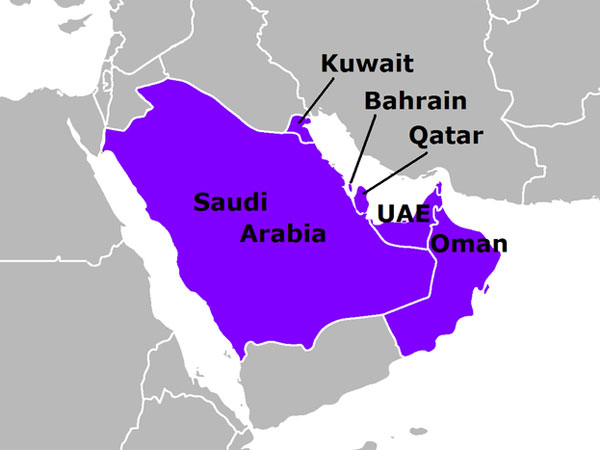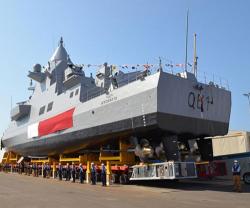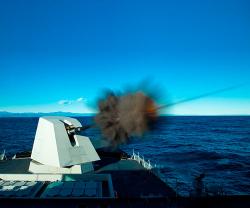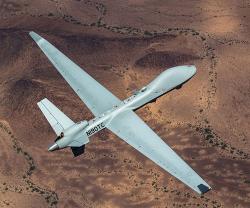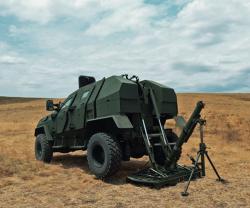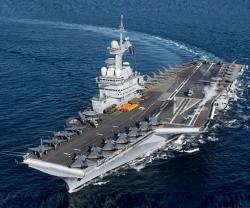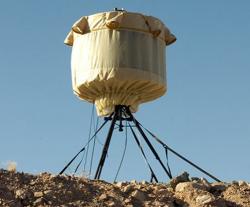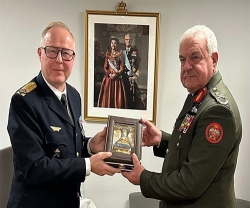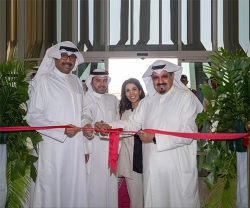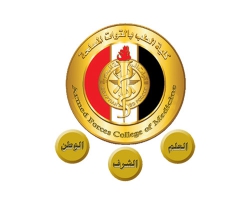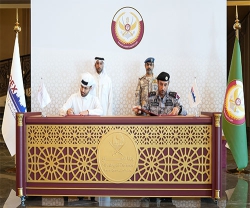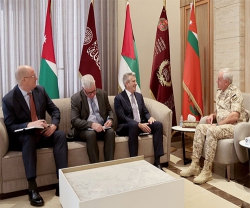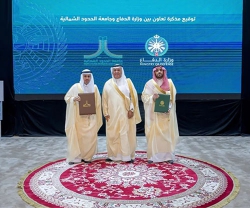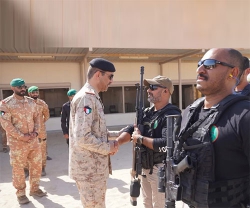Gulf States are planning a fresh round of big arms buys from US and European manufacturers, as they replace old equipment and respond to the perceived threat of Iran and other regional security concerns.
A recent flurry of requests to Washington for new or updated missile systems suggest Arabian Peninsula countries are seeking to build a tougher military shield against Iran in case of an attack by Israel or the US against the Persian state, analysts say.
Demand from the Gulf has triggered high-level commercial lobbying as western countries compete to win multi-billion dollar contracts for their companies amid an uncertain regional security backdrop.
“The US major defence industries, IT firms, integration systems - they all have an enormous opportunity,” says William Cohen, a former Republican Senator who served as Secretary of Defence under Democratic president Bill Clinton and now advises US businesses.
Since November 2, the US Congress has been notified of 4 separate requests for arms buys by Gulf countries, totaling $24.2bn. The deals include transport aircraft for Saudi Arabia, a $9.9bn Patriot missile system for Qatar and high altitude area defence missiles for the United Arab Emirates.
Lockheed Martin and Raytheon of the US are the main beneficiaries of the proposed contracts, which are pitched to Congress as support for important Washington-allied states in the region.
The Middle East and Africa region is the fastest growing revenue stream for Lockheed Martin, says Willy Moore, Regional President of the company in Abu Dhabi. He plays down the impact of the Arab spring on recent proposed deals.
“Governments may change but security requirements do not generally change,” says Mr. Moore. “In terms of the larger threats, the strategic threats in the region, there's no question that countries out here are looking to a threat coming from Iran.”
European companies are also seeking big contracts in the region. David Cameron, British Prime Minister, used a Gulf visit this month to push for sales of more than 100 warplanes to Saudi Arabia, the UAE and Oman. Paris has lobbied hard for deals, competing with London by proposing to provide the UAE with more than 60 Rafale fighter jets.
The latest round of proposed deals comes after heavy Gulf state activity in the international arms markets last year, according to a report by the Congressional Research Service for US lawmakers. The value of US agreements to supply weapons to emerging nations more than doubled from $32.7bn in 2010 to $71.5bn in 2011, with Saudi Arabia's $33.7bn of agreements leading the way, the research said.
Jeremy Binnie, Middle East and Africa editor of Jane's Defence Weekly magazine, said the size of the latest proposed US-Gulf deals and the focus on missile systems - including a $4.2bn deal with Kuwait earlier this year - was “obviously aimed at countering the ballistic missile threat emanating from Iran”.
“Ultimately the idea is that all this stuff will plug into each other to form a regional missile shield,” he added, although he noted it was still unclear to what extent the Gulf countries were co-operating with each other, or how their enhanced capabilities would fit in with the US alliance with Israel.
Analysts say that with the Gulf countries bunched so close together, a broader regional anti-missile system, backed by the US, would allow whoever had the best shot to take it first.
Five Arab countries are now among the world's top 10 most militarised nations in terms of spending as a percentage of gross domestic product, according to a report published this month by the Bonn International Centre for Conversion, a German research institute. Jan Grebe, project leader at the centre, said the results signaled “the development of a regional arms race”.
Source: The Financial Times

